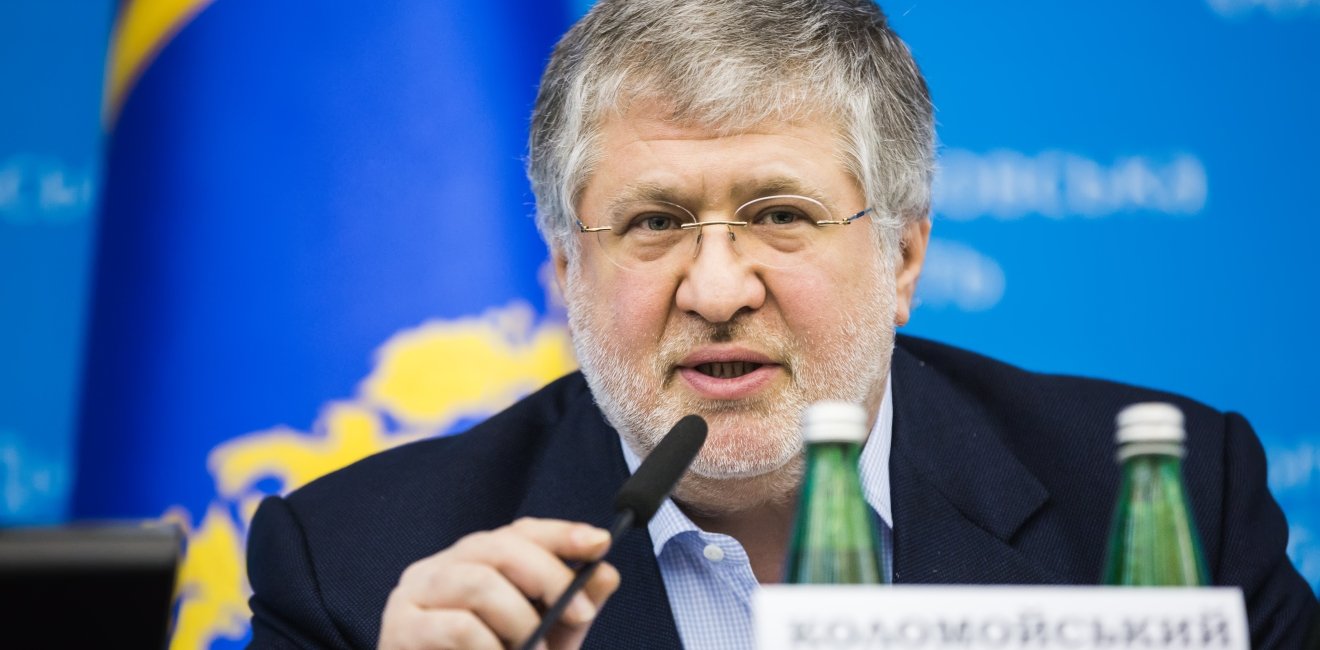
A blog of the Kennan Institute
BY ANDRIAN PROKIP
Right after his inauguration on May 20, Ukraine’s new president, Volodymyr Zelenskyy, plunged into the work of the office to which he had been elected with radical but not necessarily wise decisions. As noted in an earlier Focus Ukraine post, during his inaugural speech before the Verkhovna Rada, Zelenskyy announced he was dissolving parliament—a step of undetermined constitutionality—and called on Poroshenko’s old cabinet to resign. In Ukraine’s parliamentary-presidential form of governance, however, the president does not have authority to dismiss the government. So the Rada has not supported the resignations tendered by the prime minister, the defense minister, the minister of foreign affairs, and the head of Ukraine’s Security Service (SBU).
The inauguration was also followed by key appointments to Zelenskyy’s team. On May 22 he appointed Ivan Bakanov first deputy chief of the SBU. Bakanov is a close friend of Zelenskyy and was CEO of Kvartal 95, the media production company established by Zelenskyy during his acting days. In 2017 Bakanov served in a leadership role in Zelenskyy’s newly established political party, Servant of the People (Sluga Narodu), named after the popular TV series in which Zelenskyy starred, but he comes to his new position with no background in security or defense. Also, on May 28 Zelenskyy appointed Oleksandr Danyliuk secretary of the National Security and Defense Council of Ukraine (NSDCU). Danyliuk had previously served as deputy head of Poroshenko’s administration and as finance minister in Volodymyr Groysman’s cabinet, a position he vacated in June 2018 after a conflict with the prime minister.
A few days after his appointment as SBU first deputy chief, Bakanov, who is functionally acting as the service chief, officially informed Prime Minister Groysman and Speaker of the Ukrainian Parliament Andriy Parubiy of a potential risk to national security (he did not specify, but probably referred to a general lack of preparedness) should the new electricity market launch on July 1, 2019, as scheduled. Bakanov pointed to a list of technical problems that had to be solved before the launch.
Ukraine committed to implementing the new market in electricity as part of a set of reforms it promised to undertake, on the basis of which the IMF released a loan tranche. Two years ago parliament authorized starting the market on July 1. The new model will bring Ukraine’s electricity market in line with the model followed by EU countries. The revenues will also help Ukraine modernize its aging energy infrastructure and achieve efficiencies, which should help the country’s economic growth. The costs to end-users are also expected to increase. However, a continuing partnership with the IMF was embraced by all the major candidates in the recent presidential elections, and Ukraine’s international partners expect the country to meet its commitments.
On May 31 the NSDCU held its first session with Oleksandr Danyliuk as chair. Zelenskyy attended the meeting, which was dedicated solely to energy issues. Ukraine’s preparations for the heating season, the need for reliable coal supplies, and the launch of the new electricity market were the major topics of discussion. The NSDCU gave the government two weeks to come up with solutions to the country’s energy problems. The NSDCU did not issue any decrees (it is allowed to do so on matters of national security) and planned to hold another meeting on energy issues in two weeks’ time.
Before the inauguration, Zelenskyy’s adviser had recommended postponing the new electricity market launch for at least a year. On June 10 the president sent parliament a draft document urging this postponement. However, many—not all—experts and energy company representatives believe it is possible to start the market on July 1, and that any outstanding issues can be resolved within three months of the launch. Others think a three-month delay would be beneficial, giving Ukraine more time to get the necessary accounting mechanisms in place.
Thus the first sessions of Ukraine’s security agencies under the new president dealt with energy issues, which leaves Ukrainians wondering why so much attention is being paid to energy when the country is at war, the oligarchs are still powerful, PrivatBank might need to be renationalized, and the country faces other important security issues.
The expected higher costs to consumers were likely at the root of this concern—that and Zelenskyy’s lack of clout with any of the other government agencies.
On the one hand, before the elections many people expected that Zelenskyy would decrease tariffs on utilities, including energy prices. According to a poll published by the Kyiv International Institute of Sociology, before the second round of the elections, 39.1 percent of respondents expected a decrease in tariffs for utilities. That expectation was not realistic because in Ukraine, the president has nothing to do with setting tariffs and prices.
However, managing voter expectations is the biggest challenge for Zelenskyy’s presidency. And the security agencies are currently the only agencies through which the president can apply leverage unless and until he gains support in parliament, which remains for the parliamentary elections to decide.
In addition to voters’ concerns over rising energy prices, businesses and industries that use large amounts of energy, especially electricity, are another reason for the administration to give high priority to energy issues. The metallurgical industry, one of Ukraine’s economic mainstays, is especially attentive to changes. In 2018, steel accounted for 18 percent of the value of Ukraine’s total exports. The country has maintained a trade surplus in steel products for more than a decade, but rising prices for steel products could result in diminished performance in this sector.
The influence of the oligarchs is a third potential factor in the drive to delay the launch of an energy market. There are well-founded rumors that Zelenskyy may be maintaining an ongoing relationship with the wealthy businessman Ihor Kolomoiskyy, former owner of PrivatBank and allegedly a bankroller of Zelenskyy’s run. Zelenskyy’s appointment of Kolomoiskyy’s lawyer, Andriy Bohdan, head of the presidential administration has only deepened the concern. Kolomoiskyy has substantial interests in mining and metallurgical companies, which would take a hit if energy prices increased. Currently no one can be absolutely sure that Kolomoiskyy is not applying pressure on the administration to postpone the launch of the new electricity market.
Former president Petro Poroshenko at the beginning of his presidency promised de-oligarchization. But the oligarchs’ power has withstood such intentions. Should Zelenskyy be connected to Kolomoiskyy, he will need to create space between himself and the businessman to avoid even the appearance of oligarchical influence. Otherwise he will see his popularity plummet and give Ukrainians yet another reason to be disappointed in their political leadership.
Author

Director, Energy Program, Ukrainian Institute for the Future

Kennan Institute
After more than 50 years as a vital part of the Wilson Center legacy, the Kennan Institute has become an independent think tank. You can find the current website for the Kennan Institute at kennaninstitute.org. Please look for future announcements about partnership activities between the Wilson Center and the Kennan Institute at Wilson Center Press Room. The Wilson Center is proud of its historic connection to the Kennan Institute and looks forward to supporting its activities as an independent center of knowledge. The Kennan Institute is committed to improving American understanding of Russia, Ukraine, Central Asia, the South Caucasus, and the surrounding region through research and exchange. Read more

Explore More in Focus Ukraine
Browse Focus Ukraine
Talking to the Dead to Heal the Living

Ukrainian Issue in Polish Elections


